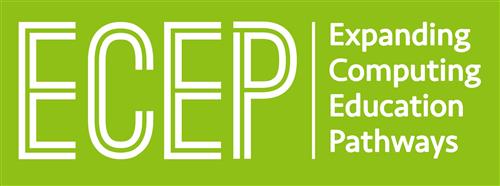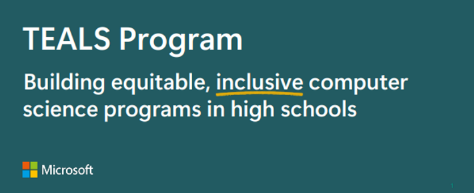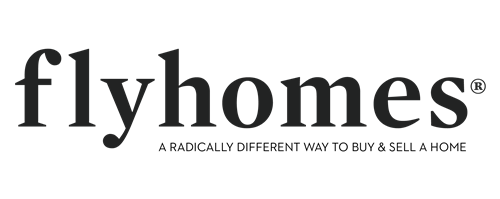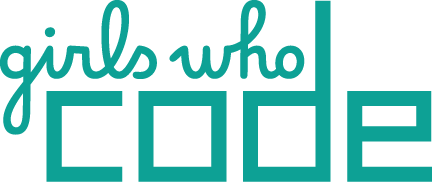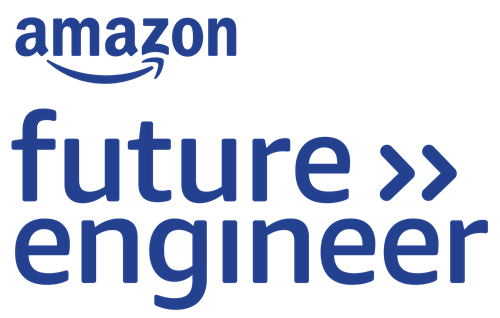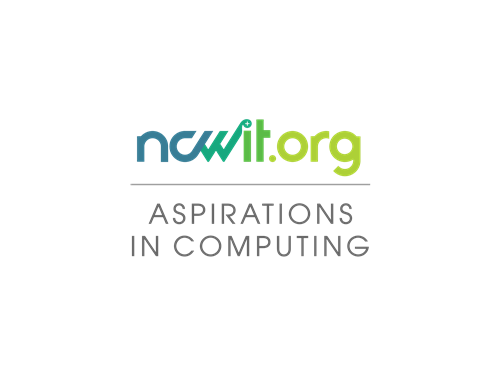CSTA 2024 Annual Conference: It Seemed Like a Good Idea at the Time, K-12 edition
Please tell anyone you know who's in CS as a K-12 teacher. We particularly want to hear from K-8.
tl; dr: We’re Looking for K-12 CS Educators to be Panelists
Application Deadline: April 30, 2024
We often learn of successful pedagogical experiments, but we seldom hear of the ones that failed. Based on the premise that learning from failure is at least as effective as learning from success (and potentially more entertaining), we are looking for K-12 educators to nominate themselves to be one of four people on the “It Seemed Like a Good Idea at the Time” panel during the 2024 CSTA Annual Conference (July 16–19, 2024, in Las Vegas).
If accepted, each contributor will describe their "good idea," the situation that resulted, and wider lessons for the CS teacher community. Similar, very successful, panels have been presented yearly at ACM’s SIGCSE Technical Symposium since 2007 (see https://dl.acm.org/action/
WHAT ARE WE LOOKING FOR?
Negative or unanticipated teaching experiences can span quite a range, and not all would make for a good presentation (did you accidentally launch Skynet?). The following list shows some of the features we will use for selection:
* Reasonable expectation of success: Why /did/ it seem like a good idea at the time?
* Evidence that it wasn't such a good idea after all: Submissions that can provide evidence of the failure will be given preference over anecdotal claims. Some of the most effective possibilities would include videos of elected officials publicly denouncing you and your methods, photos of students burning you in effigy, letters of reprimand, viral Reddit posts, etc. We expect more common evidence to include (representative) examples of horrifying work (your own, or that of students), detailed course statistics such as exceptional Withdraw/Fail/Drop numbers, angry emails, etc.
* Reasons for the failure: Submissions that can account for the failure might help others avoid such failures. Speculation about the reasons is better than nothing.
* Implications for practice: Given this experience, what should the rest of the K-12 CSEd community be aware of when teaching their own courses?
By sharing these experiences, we will provide cautionary tales, or at least some entertainment, to other teachers. In providing a forum to discuss the failed experiment, we hope to encourage risk-taking in the classroom ("If it doesn't go well, at least I can get a presentation out of it!"). By focusing on evidence, we hope to foster a community with a greater eye for documenting our classroom experiments.
TO APPLY:
Fill in the Google Form https://forms.gle/
1) What was the “good” idea: A description of the good idea, including your inspiration, how it was implemented, and the expected results.
2) Results: A description of the actual results.
3) Evidence: A simple description of the evidence supporting failure that you will be able to supply.
4) Presentation Ideas: Ideas for your presentation
5) A 150-word summary that we would use for the CSTA Conference panel.
Applications received by April 30 2024 will receive full consideration; feel free to send questions or comments to Lauren Bricker (bricker at cs.washington.edu). We will announce accepted applicants by May 15, 2024.
